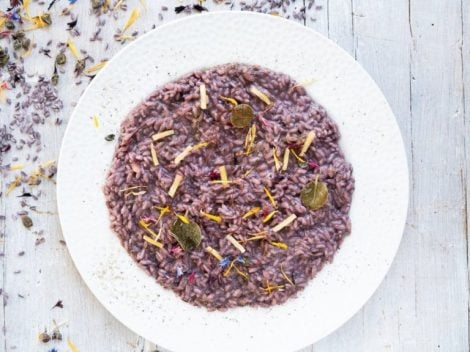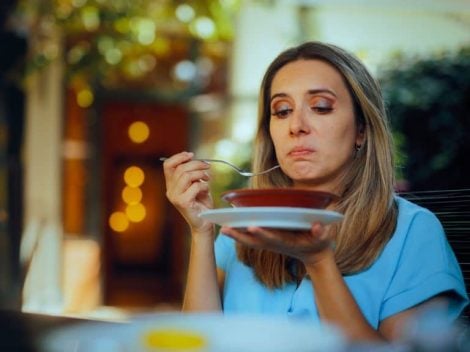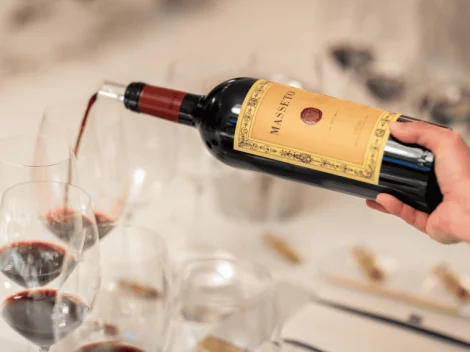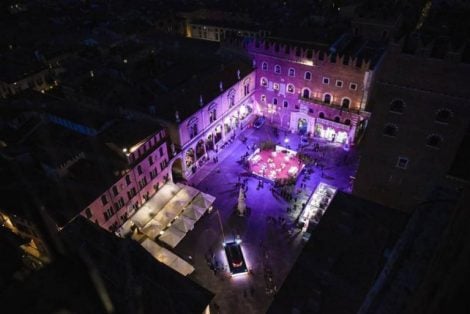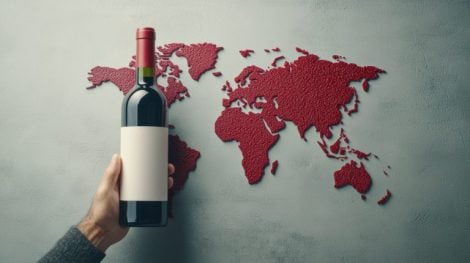The changes in viticulture were at the centre of the speech with which Angelo Gaja opened the academic year of the Italian Academy of Vine and Wine in Alba. Changes related to the way wine is communicated, but also to how it is produced, given the new challenges – both climatic and market-related – that we are facing. The king of Barbaresco has even taken a step back on dealcoholised wines, but there is one issue on which he remains absolutely opposed: the inclusion of resistant grape varieties in DOCs.
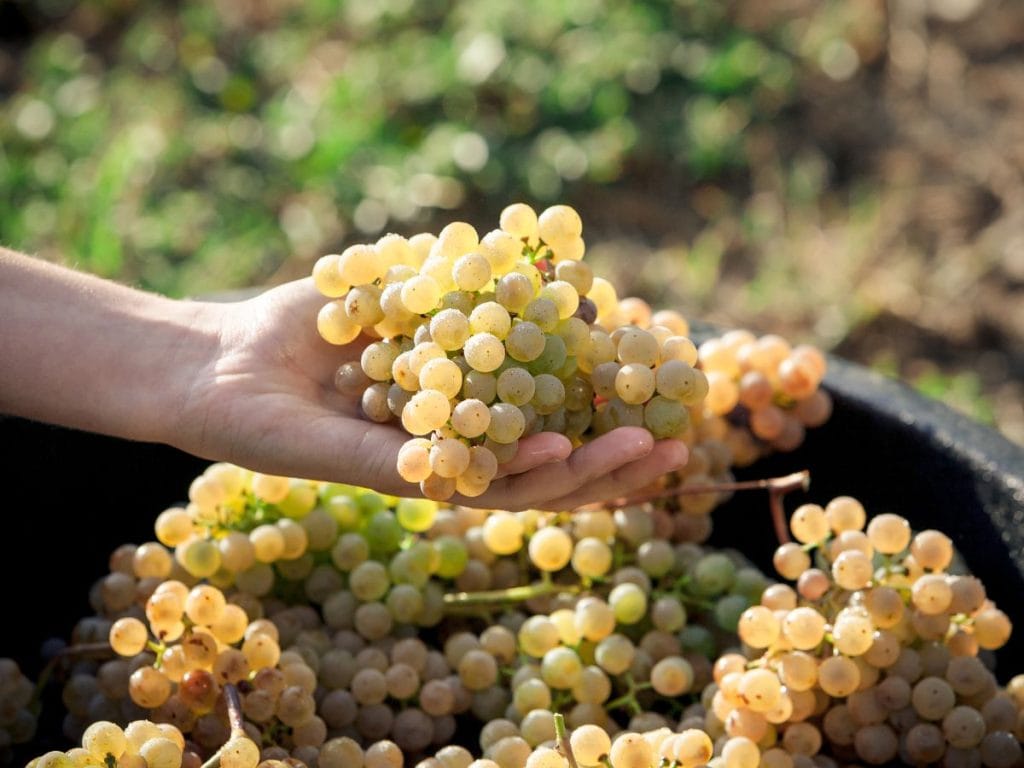
Fighting climate change but without resistant grape varieties
“With climate change, which raises concerns about the health of the vineyard, we must learn to live with it,” says Gaja. “The increasingly aggressive pathogens cannot be completely eradicated, so adaptability becomes crucial (in the vineyard, in the cellar, and in the market). It is essential to introduce new choices without assuming that any one choice is definitive.” Among the possible decisions to be made is “planting vineyards at higher altitudes, but without uprooting or relocating forests, which should be left where they are.”
Then comes the discussion on Piwi and similar varieties, which he does not entirely oppose, as long as they are not included in the DOCs. This is a highly topical issue at the moment, given that a proposed law aims to remove the ban on including them in wines with designation of origin. This prohibition, moreover, exists only in Italy: denominations such as Champagne and Bordeaux have already widely experimented with Piwi. “There is still too much waiting involved, and we don’t have the time,” Gaja explains. “So we must protect the old vineyards, those that provide quality. Resistant grape varieties should be planted, but they must not be included in the DOCs. We have worked hard to enhance denominations with their diversity, typicity, and characteristics. If resistant varieties, which can be grown anywhere, were to be included, it would result in a serious homogenisation, a contamination of the DOCs.”
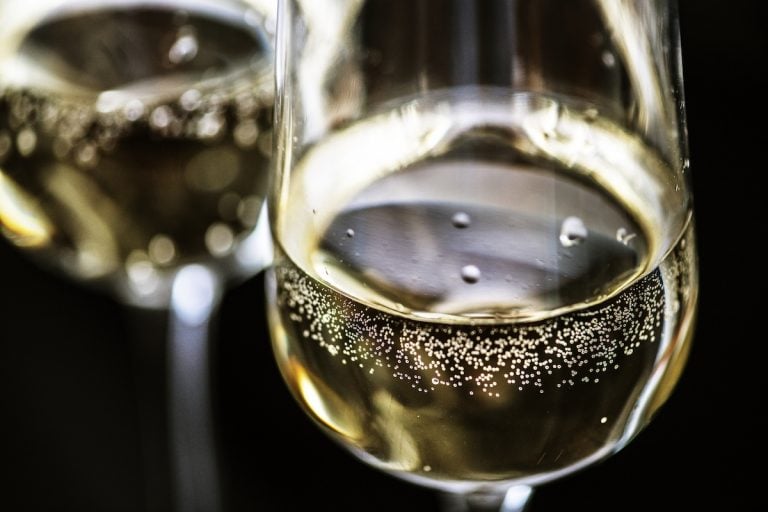
An openness to dealcoholised wines
Surprisingly, the Piedmontese producer and academic has opened up to dealcoholised wines: “I was initially against them; they seemed like a mistake. Now I am not opposed, as research will refine the production process.” Also, Gaja reminds us, solutions must be found, or at least new ways of communicating, in response to the accusations levelled against wine: “The World Health Organisation has stated that alcohol is a poison in any quantity, not just when consumed excessively. And yet, we remain passive, without introducing any innovations. We must realise that fighting against research is a lost battle, so we need to adjust our message: drink in moderation. If you know how to drink, you mitigate the risks associated with it, being aware that all excesses are harmful and that alcohol is addictive.” From this perspective, even dealcoholised wines can be a response.

The support of artificial intelligence
Finally, a look at the new frontiers linked to artificial intelligence, without prejudice. “It will stimulate creativity, and we need creativity,” says the producer. “There will be an artificial nose to measure acidity, tannins, and concentration. But not elegance. That will always require a human touch.”
Gaja concluded his speech after receiving the honorary academic recognition from the Italian Academy of Vine and Wine, alongside Oscar Farinetti, Ferdinando Frescobaldi, Emilio Pedron, and Luca Rigotti.

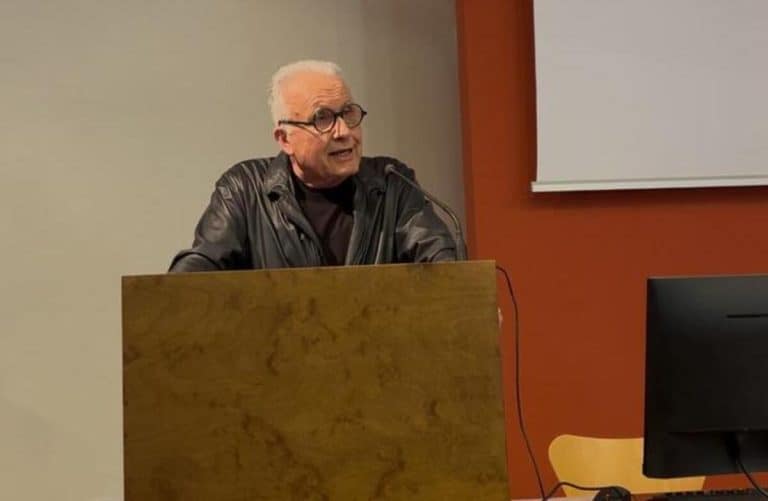
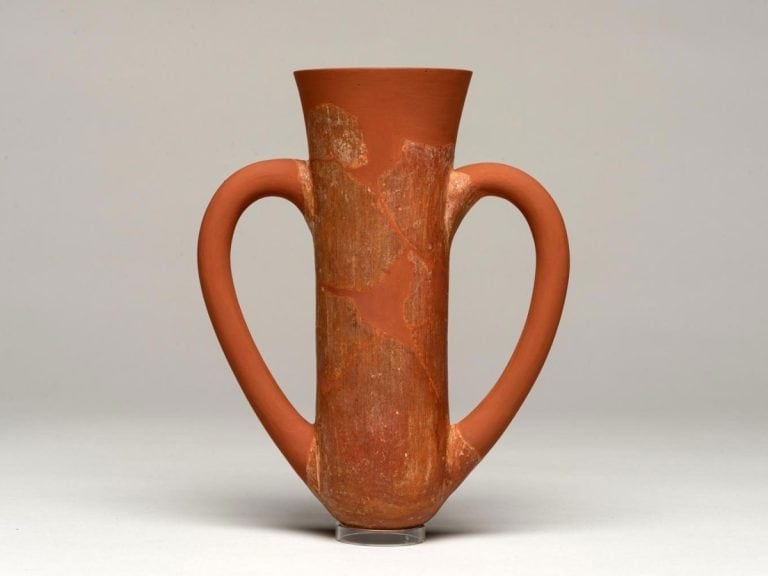 Wine was a drink of the people as early as the Early Bronze Age. A study disproves the ancient elitism of Bacchus’ nectar
Wine was a drink of the people as early as the Early Bronze Age. A study disproves the ancient elitism of Bacchus’ nectar "From 2nd April, US tariffs between 10% and 25% on wine as well." The announcement from the Wine Trade Alliance
"From 2nd April, US tariffs between 10% and 25% on wine as well." The announcement from the Wine Trade Alliance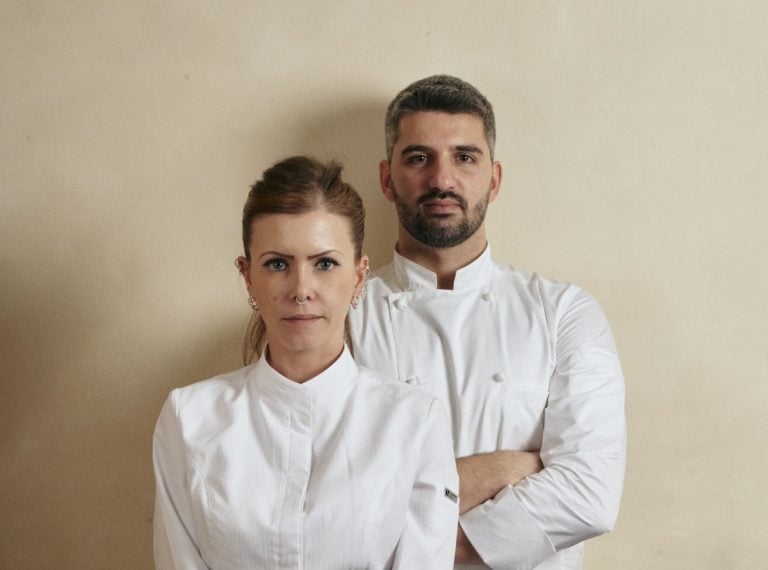 Michelin surprise: in France, the guide rewards Italian chefs
Michelin surprise: in France, the guide rewards Italian chefs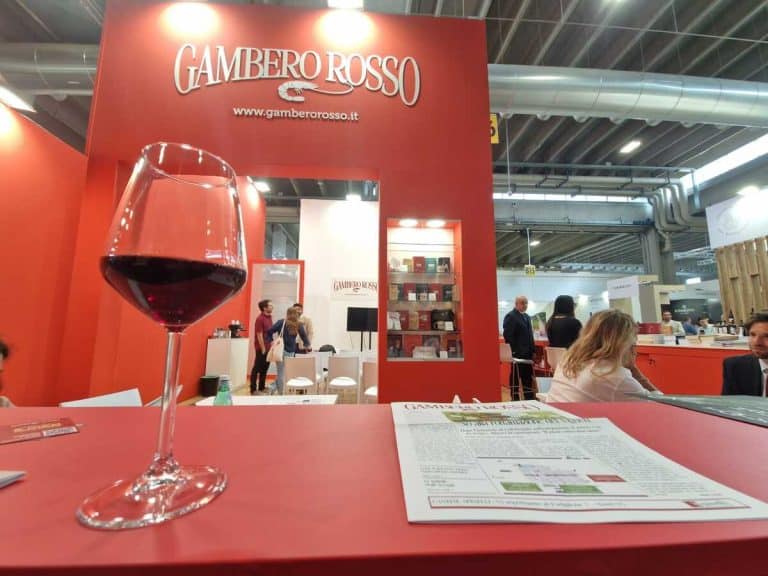 Vinitaly 2025: here are all the events by Gambero Rosso. Tre Bicchieri, debates, TV and much more...
Vinitaly 2025: here are all the events by Gambero Rosso. Tre Bicchieri, debates, TV and much more...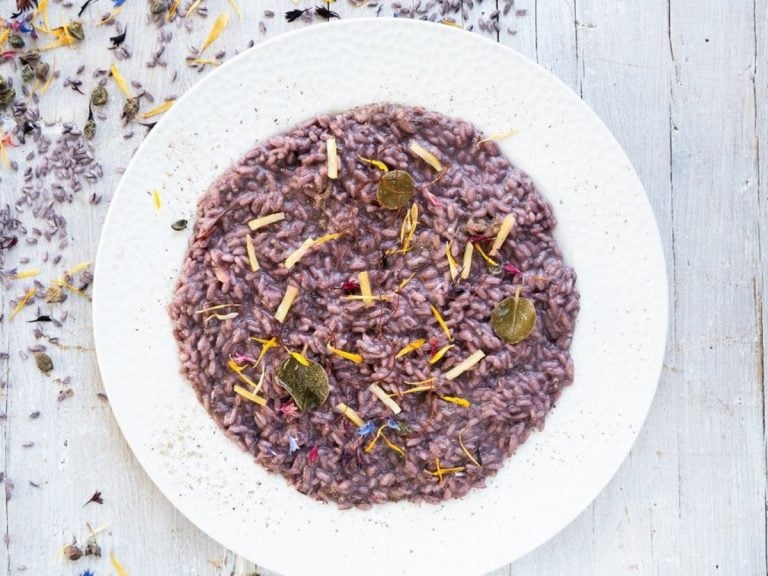 A giant rice grown in the land of buffaloes: the story of a bourbon edict
A giant rice grown in the land of buffaloes: the story of a bourbon edict